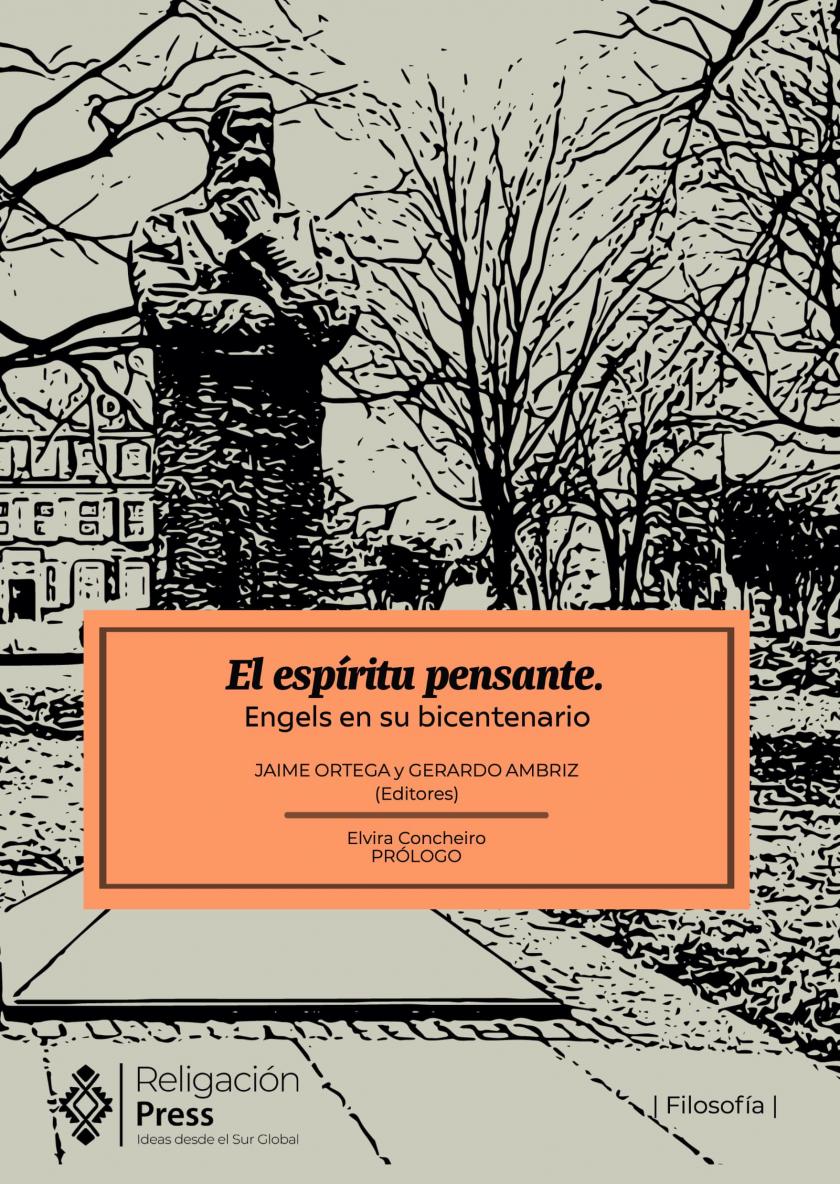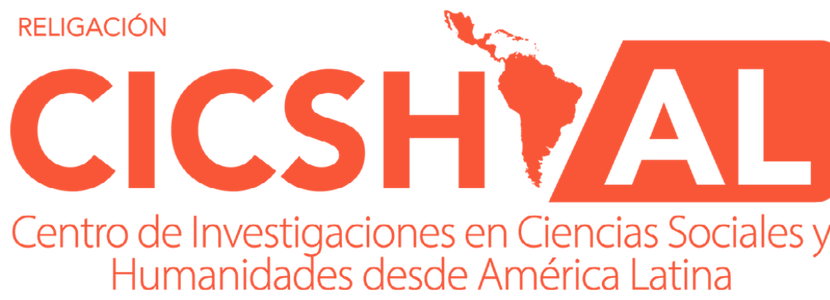The Thinking Spirit. Engels on his bicentenary
Keywords:
Engels, Centenario, StateSynopsis
It is still insufficient the debate that has been opened around the value of the work left by Engels and little the revaluation of his work and his original contribution. This is the reason why the effort summarized in this book is of greater relevance.
The book is composed of five essays that present a renewed vision of our author; fresh views that update some aspects of the work of Friedrich Engels, issues that undoubtedly remain relevant and open ways to deepen the study of the contributions of the German revolutionary.
Chapters
-
Prólogo: Descubrir a Engels hoy
-
Engels and Freud before the origin: between primitive communism and the primordial horde
-
Friedrich Engels' The Origin of the Family, Private Property and the State as a Theory of Transition and Social Reproduction
-
On the Engelsian origins of the critique of political economy: a discussion
-
On hegemony. Engels precursor of Lenin and Gramsci.
-
Does the General have someone write to him? An approach to Engels' presence in Mexico
Downloads
References
Aguilar, A. (1978). Prólogo. F. En F. Engels, Objeto y método de la economía política (pp. 7-8). Nuestro Tiempo.
Aranda, C. E., Arreola, T., Carrión, J., De Leonardo, M., & Levine, E. (1976). La mujer: explotación, lucha y liberación. Nuestro Tiempo.
Bravo, J.F., Álvarez Díaz, J.A. & Solís Sosa, V.E. (202). Panorama esquemático del marxismo en biología: el caso en México de Enrique Beltrán y la necesidad de una biología plural. Revista CTS, 43(15), 233-260.
Chávez, A. (2015). La ciencia en la historia en México: el materialismo histórico en la obra de Elí de Gortari (Tesis de Licenciatura) Universidad Nacional Autónoma de México, México.
Concheiro, E. (1995). Engels hace cien años. Memoria, (80), 50-52.
Engels, F. (1975). Sobre la historia del cristianismo primitivo. Historia y Sociedad, 7, 27-44.
Fornet, R. (2001). Transformaciones del marxismo: historia del marxismo en América Latina. UANL-PyV.
Ferraro, J. (1989). ¿Traicionó Engels el materialismo de Marx?. UAM-I.
Ferraro, J. (1999). ¿Traicionó Engels la dialéctica de Marx?. Ítaca.
Fuentes, J. (1991). Marx y Engels contra el despotismo urbano. UAM-I.
Fuentes, J. (2007). La impronta engelsiana en la formación de la intelectualidad comunista. E. Concheiro, M. Modonesi y H. Crespo, El comunismo: otras miradas desde América Latina (pp. 653-670). CEIICH.
Gouldner, A. (1983). Los dos marxismos. Alianza.
Híjar, A. (1976). Engels y el realismo. Historia y Sociedad, 9, 53-57.
Lombardo, V. (1984). Marx y el socialismo. Editorial Combatiente.
Löwy, M. (1980). El marxismo en América Latina (de 1909 a nuestros días) [Antología]. Era
Lukács, G. (2014). Historia y conciencia de clase. Razón y Revolución.
Malish A. (1978). Federico Engels: el objeto y el método de la economía política. En F. Engels, Objeto y método de la economía política (pp.9-35). Nuestro Tiempo.
Massardo, J. (2001). Investigaciones sobre la historia del marxismo en América Latina. Bravo y Allende.
Mazora, M. (2017). Marx, discípulo de Engels. UNSAM.
Prenat, M. (1936). Biología y marxismo. Universidad Obrera de México.
Rivera, S. (2021). Engels: desde el México cardenista hacia el resto de América Latina. Boletín El ejercicio del pensar, 6, 62-70.
Rubel, M. (2003). Marx sin mito. Octaedro.
Ruiz, R. (1991). Marx y Engels críticos de Darwin. ¿Escribió Engels la Dialéctica de la naturaleza? Boletín de Antropología Americana, 23, 119-136.
Tonda, C. (1984). Flora Tristán y Federico Engels. En torno a los fundamentos de un feminismo marxista. Ítaca, (1) 2-6.
Veraza, J. (1984). El materialismo histórico en el Origen de la familia, la propiedad privada y el Estado. Ítaca, (2), 3-23.
Villanueva, A. (1962). 10 artículos inéditos de Engels. Nueva Época, 1(3) 61-63.







